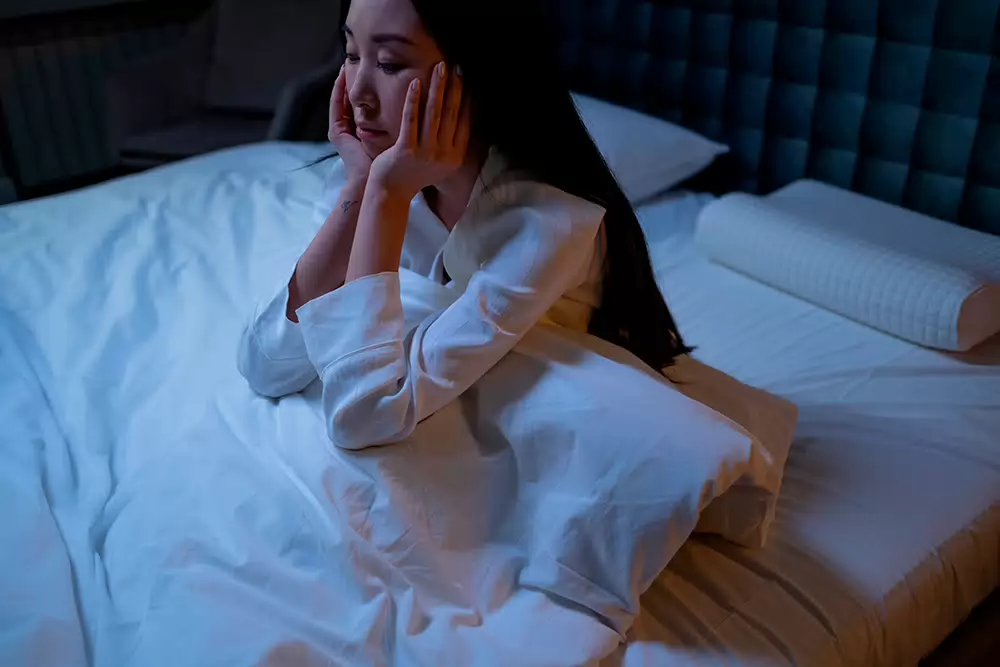Dealing with sleep problems
What are sleeping problems?
A good night’s sleep is one of our basic needs as humans. Some people feel fine with only 6 hours of sleep, while others need at least 8 hours. This is different for everyone.
Sometimes sleeping doesn’t work. You lie awake thinking, feel restless, or still have too much energy. The next day, you may find it hard to concentrate, feel more irritated, or react slowly.
One bad night is not a big problem, but if you sleep badly for several nights, it can affect your daily life.
What can you do?
There are a few things you can try to sleep better. We call this sleep hygiene:
- Keep a regular sleep routine. Go to bed and wake up at the same time every day.
- Relax before sleeping. Read something calm or listen to music. Avoid busy activities or thinking too much.
- Watch what you eat and drink. Don't have a heavy meal, alcohol or caffeine just before bed.
- Avoid screens. Put your phone away in time.
- Create a nice sleep environment. Fresh air, a clean bed, earplugs, or a sleep mask can help.
- Write down your thoughts. Are you lying awake worrying? Write it down so you can let it go and look at it later.
- Limit naps during the day. A nap can feel good, but it may disturb your sleep at night. If you really need to nap, keep it short (no more than an hour), and not later than 3 p.m.
If the symptoms last too long and you notice that your concentration is getting worse, consult your GP.
Healthcare in the Netherlands
